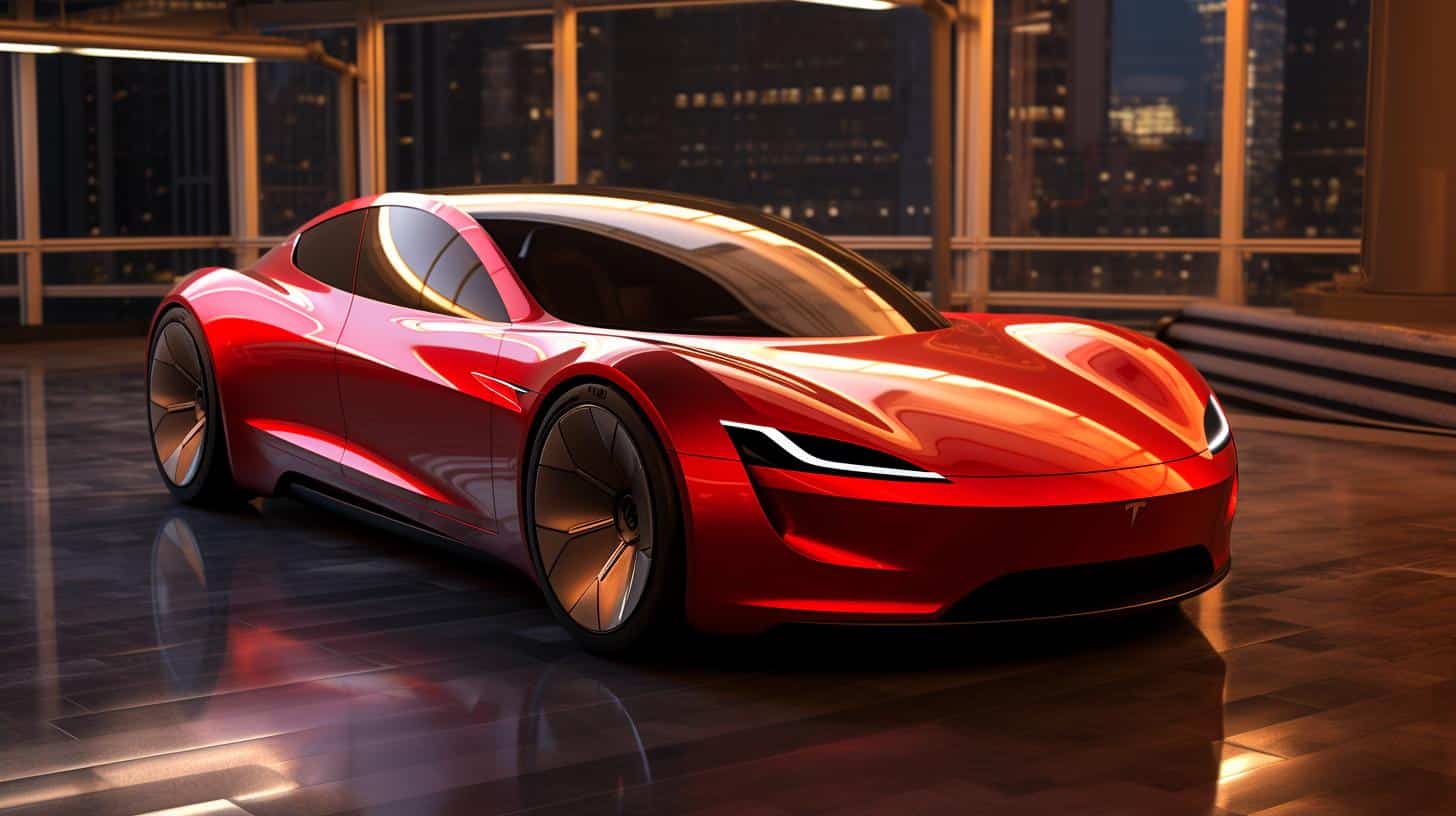The Rise of Electric Vehicles: Tesla vs. General Motors
The auto industry is undergoing a transformation with the rise of electric vehicles (EVs), and two major players in this market are Tesla and General Motors (GM). While Tesla is widely recognized as a pioneer in the EV space, GM has been making significant strides to catch up. In this article, we will compare the strengths, weaknesses, opportunities, and threats (SWOT) of Tesla and GM in the electric vehicle market and analyze why Tesla currently leads the pack.
Strengths of Electric Vehicles: A SWOT Analysis
Strengths: One of the major strengths of electric vehicles is their eco-friendliness. EVs produce zero tailpipe emissions, reducing air pollution and combating climate change. Additionally, EVs have lower operating costs compared to traditional gasoline-powered vehicles, as electricity is generally cheaper than gasoline. Furthermore, EVs offer a smooth and quiet driving experience due to the absence of an internal combustion engine. Lastly, the growing infrastructure for EV charging stations is making it increasingly convenient for EV owners to recharge their vehicles.
Weaknesses: Despite their numerous strengths, electric vehicles still face some challenges. One of the main weaknesses is their limited driving range. Although range anxiety is diminishing as battery technology improves, the average range of EVs is still lower compared to traditional cars. Another weakness is the high cost of electric vehicles, primarily due to the expensive battery technology. The limited availability of charging stations in certain regions is also a concern, as it restricts long-distance travel for EV owners.
Opportunities: The electric vehicle market presents numerous opportunities for companies like Tesla and GM. The transition towards renewable energy and the increasing demand for clean transportation provide a favorable environment for EV manufacturers. Moreover, governments around the world are offering incentives and subsidies to promote the adoption of electric vehicles, which creates a potential market growth opportunity. The advancement of battery technology and the potential for fast-charging capabilities also open doors for further development and innovation in the EV sector.
Threats: Electric vehicle companies face several threats in the market. One of the significant threats is the competition from traditional automakers, such as GM, who are rapidly entering the electric vehicle market. These established companies have extensive manufacturing capabilities, vast distribution networks, and trusted brand names, which could pose a significant challenge to Tesla’s market dominance. Additionally, fluctuations in battery prices and the availability of critical raw materials, such as lithium, could impact the affordability and scalability of electric vehicles.
Challenges for Electric Vehicle Companies: A SWOT Analysis
Strengths: Despite the challenges, electric vehicle companies have some notable strengths. Electric vehicles offer a sustainable and environmentally friendly solution to reduce greenhouse gas emissions and combat climate change. Furthermore, EVs have lower operating costs, as they require less maintenance and electricity is generally cheaper than gasoline. EVs also offer a smooth and quiet driving experience, which is appreciated by many consumers.
Weaknesses: One of the main weaknesses for electric vehicle companies is the limited driving range of their vehicles. While this is improving with advancements in battery technology, the range of EVs is still lower compared to traditional automobiles. Another weakness is the high initial cost of electric vehicles, primarily due to the expensive battery technology. Additionally, the charging infrastructure for electric vehicles is still developing, which limits long-distance travel for EV owners.
Opportunities: The electric vehicle market presents several opportunities for companies. The increasing demand for clean transportation and the transition towards renewable energy create a favorable environment for EV manufacturers. Governments worldwide are offering incentives and subsidies to promote the adoption of electric vehicles, providing a potential market growth opportunity. The advancement of battery technology and the potential for fast-charging capabilities also present opportunities for further development and innovation in the EV sector.
Threats: Electric vehicle companies face threats from various sources. Traditional automakers, such as General Motors, are rapidly entering the electric vehicle market, posing significant competition to established players like Tesla. These companies have extensive manufacturing capabilities, vast distribution networks, and trusted brand names, which could challenge Tesla’s market dominance. Fluctuations in battery prices and the availability of key raw materials, such as lithium, could also impact the affordability and scalability of electric vehicles.
Why Tesla Leads the Electric Vehicle Market
Tesla has emerged as the leader in the electric vehicle market for several reasons. Firstly, the company has established itself as an innovative and forward-thinking brand, focusing solely on electric vehicles. Tesla’s commitment to sustainability and its cutting-edge technology have helped it build a loyal customer base and a strong brand image. Additionally, Tesla’s vehicles have achieved impressive driving ranges, thanks to their advanced battery technology, reducing concerns about range anxiety. Furthermore, Tesla has developed a robust charging infrastructure with its Supercharger network, providing convenient and fast charging options for its customers. Lastly, the company’s charismatic CEO, Elon Musk, has been instrumental in generating excitement and hype around Tesla’s products, further solidifying its market leadership.
The Future of the Auto Industry: Electric Vehicles or Traditional Autos?
The future of the auto industry seems to be leaning heavily towards electric vehicles, driven by the need to reduce greenhouse gas emissions and combat climate change. Governments worldwide are implementing stricter emission regulations and offering incentives to promote the adoption of electric vehicles. Additionally, advancements in battery technology are steadily improving the range and charging capabilities of EVs, addressing key concerns of consumers. However, traditional automakers still have a significant presence and are investing heavily in the electric vehicle market, posing a strong challenge to companies like Tesla. While the transition to electric vehicles may take time, it is clear that the auto industry is moving towards a more sustainable and electric future.
The electric vehicle market is gaining momentum, and the competition between Tesla and General Motors highlights the potential of this industry. Both companies have their strengths and weaknesses, and while Tesla currently leads the pack, General Motors is making significant strides to catch up. The future of the auto industry seems to be electric, driven by the need for greener and cleaner transportation. As technology continues to advance and the charging infrastructure expands, electric vehicles are poised to play a significant role in shaping the future of transportation.













